Real estate lore has its share of stories about merciless, if not downright unscrupulous, city inspectors popping in on unaware building owners, conducting unscheduled examinations of all types, and sometimes even demanding payoffs in exchange for passing grades. In reality, however, the image of the shady, corrupt inspector couldn’t be further from the truth. In today’s world of short-staffed city agencies, hair-trigger litigation, and co-op and condo board transparency, inspections, safety, and efficiency rule the day. In New York, third-party investigation, testing, and confirmation is how it’s done.
The Third-Party Process
There was a time in the not-so-distant past when, in fact, all inspections of these types were done by city agencies. In some situations that still happens today. Take real estate tax assessments, for example. The City’s Department of Real Property still employs assessors to determine the valuation of a property for tax purposes. But other agencies—buildings departments, for instance—now defer in many cases to independent third parties to inspect and report on the functions and fitness of many building systems such as elevators, boilers, facades, and water towers. “Fees are involved in everything,” says Meryl Sacks, President of Allied Partners, a property management firm based in Manhattan. City agencies may not send out personnel in their employ to do inspections, but they do charge fees from building owners, co-ops, condos or rental owners for the filing and updating of inspections required to protect the safety of residents.
What Gets Inspected?
“There are many required inspections,” says Gregory Cohen, President of Impact Management, a co-op and condo management company with offices in Manhattan, Westchester and Long Island. “And there are more and more added every year. We should also remember that every building is different, and all are not subject to the same inspections.”
So what kind of inspections are there? As Cohen said, it’s a long list. A relatively complete but not comprehensive list would include items like elevators, boilers, backflow valves, petroleum bulk storage units, property registration documents, façade condition, energy benchmarking, sprinkler/standpipe status, water towers, and cooling towers—as well as a myriad of notices including, but not limited to, window guards, lead paint, and smoke detectors. Responsibility for the completion and filing of these reports falls on a variety of experts and professionals, including managing agents.
Elevators
As Cohen said, every building is different and not every building is subject to the same inspections. Clearly, a walk-up building without an elevator doesn’t have to worry about an elevator inspection. But for those residents who live in elevator buildings, a safe and functioning lift is among the most critical and important systems in the building.
New York City requires two different elevator inspections: Category 1, known as C1; and Category 5, known as C5. The C1, “is done by a third-party contractor or by an elevator consultant,” says Sacks. “The test is done in conjunction with the elevator maintenance company with which the owner of the property has a contract.” As Cohen explains, “You pick the consultant yourself. They conduct the tests and prepare a report, which is sent to you and to the City.” Of course, there’s also a fee attached. Sacks adds that “from time to time, city elevator inspectors might show up to make sure you’re in compliance—no notice. They just pop in.”
“Each inspector submits a report,” Cohen adds. “Any potential maintenance issues should be sent by the building manager to the elevator maintenance company you have a contract with for repairs. Some elevator contracts include those repairs. If yours doesn’t, you might incur additional charges for those repairs.” So check your contract!
The C5 inspection is conducted every five years. “It’s a load test,” explains Cohen. “They literally load the cab with its maximum weight to make sure the cab and machinery are able to handle it.” He also mentions that the City recently instituted a brake test for elevators as well. This test also requires a supervising company for inspection. “They are always adding new things for compliance reasons,” says Cohen. “Make sure your elevator company is aware of them, and that you are aware of them.”
Boilers, Backflow & Bulk Petroleum Storage
Boilers are another vital component to the operation of a property. They also require multiple inspections, one annual and one triennial. The annual test includes an efficiency test. “The inspection is usually contracted out through the boiler insurance company,” says Sacks. “The carrier hires a third-party inspector.”
Every three years the boiler’s certificate of operation must be renewed. This inspection is usually done by your boiler maintenance company as a part of their contract. The inspection includes very stringent tests for boiler emissions for environmental compliance. Cohen cautions that “one of the pitfalls associated with this test is that inspectors will look at chimneys.” The inspection of chimneys is becoming more standard during these inspections.
Backflow valves are one of those building systems you didn’t know you had. This valve —and there can be more than one of them—is designed to prevent water from your property flowing back into the city water supply to prevent any potential contamination. Sacks mentions that having these apparatus inspected is a fairly new regulation. A licensed plumber must inspect the valves and file a report every year. And yes, there’s a fee.
New York is an old city, in a climate that can get awfully cold in the winter. So it stands to reason that there might be some debris left lying around after the various laws surrounding fuel oil use in New York City changed and evolved. There are still plenty of old oil storage tanks around, for example. These fuel tanks are regulated by the Department of Environmental Conservation, and must be inspected and certified every five years to prevent a compromised tank from leaching pollutants into the ground, where it might come into contact with humans or animals. The report must contain the size of the tank and the designation or number of the type of fuel used. Of course, New York City residents know that number 6 oil is no longer permitted to be burned in the Big Apple.
Façade Maintenance
Local Law 11 covers façade requirements in New York City. “Every five years you have an inspection and file a report by a licensed third-party engineer,” says Sacks. There can be three results: SAFE, in other words you passed; ‘safe with repairs and maintenance program’, or SWARM; and UNSAFE. If the façade is found to be unsafe, regulations require that a sidewalk bridge, scaffolding, be put up immediately until the defect is cured. As Sacks points out, “There is an obligation to protect the public.”
“When the required work has been done,” says Cohen, “the third-party engineer signs off and a City inspector might come to inspect. The scaffold stays up till there is a sign off, usually about three months’ time.
Sprinklers, Standpipes & Benchmarking
If you have a sprinkler or a standpipe system in your building, it must be tested every five years. The testing, inspection and report are completed by the sprinkler company with whom you have a contract. Sacks points out that the city doesn’t give any notice about this, so therefore it’s on the ownership and management to keep an accurate record and a long-term teaser file to make sure this test and inspection is done in a timely manner. City inspectors do show up unannounced to check the status of this system.
Benchmarking, for all intents and purposes, is how the City measures and audits energy usage. In New York City, these requirements fall under Local Law 84 and Local Law 87.
LL 84 inspections are completed yearly for any building over 25,000 square feet, explains Cohen. The inspections are more calculations and observations than tests. They measure energy and water use by the property in question and are done by independent benchmarking specialists in conjunction with the building manager.
Local Law 87 is completed every five years and includes things like recommendations for energy savings like LED lights or new boiler controls etc., for better energy usage.
Property Registration &Notices
One annual filing that doesn’t require an inspection is the annual property registration. “Every building must file a property registration form with a small fee paid,” says Sacks. The registration includes the names of the managing agent and at least one officer of the corporation that owns the property. Filing this registration on a timely basis may seem like a low-priority issue for many, but in truth is very important. This is where the City looks for contact information in the case of legal actions, justified or otherwise. Imagine that you paid your real estate taxes, but they got lost in the mail. The City must notify you. If that notice goes to the wrong place, your property could end up in default for non-payment of taxes resulting in a move to foreclose by the City.
In addition to physical inspections and attention, there are also a myriad of notices that must be filled out and filed every year. These items are generally handled by the managing agent and include tenant confirmation of things like window guards, possible presence of lead paint, fire safety plans, bed bugs, and others. These notices can be more complicated in reporting than one might think, and are time consuming for both agents and boards. For example, assume there are 100 apartments in a building and only 50 respond to a questionnaire asking whether children under six live in which apartments would require window guards. If only half of the residents reply, the managing agent will have to resend the questionnaire to the whole building.
Another recent addition to City paperwork is the requirement that all residential buildings must have a smoking policy. Now, no one is required to ban smoking, but they must have a written and posted policy.
Both Sacks and Cohen say be aware! “Retain the services of a competent managing agent – one that is fully familiar with compliance,” is Sacks’ recommendation. In addition, says Cohen, “attend trade shows, get educated, and track everything coming due.” In the end, it’s your responsibility.
A J Sidransky is a staff writer/reporter for CooperatorNews, and a published novelist. He may be reached at alan@yrinc.com





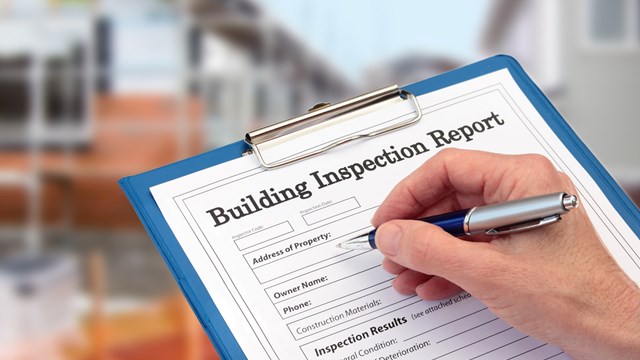
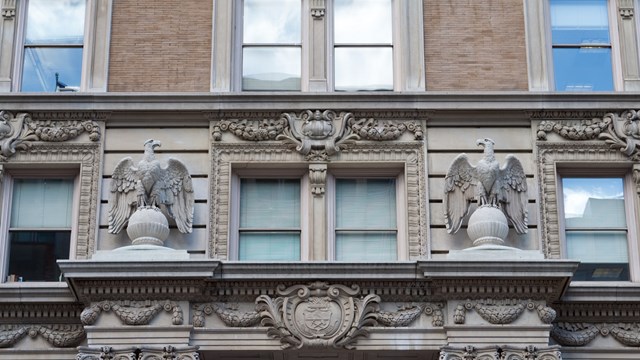
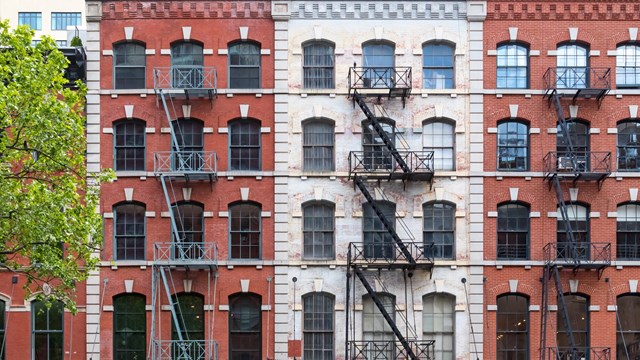
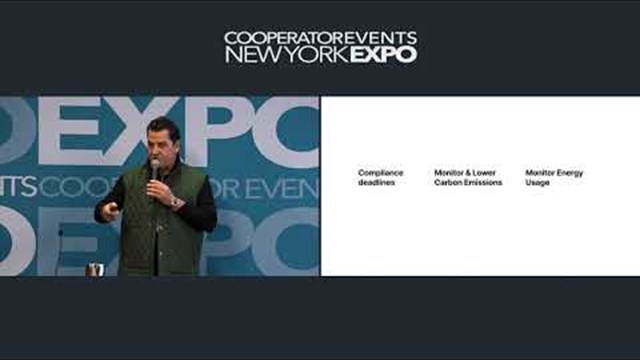
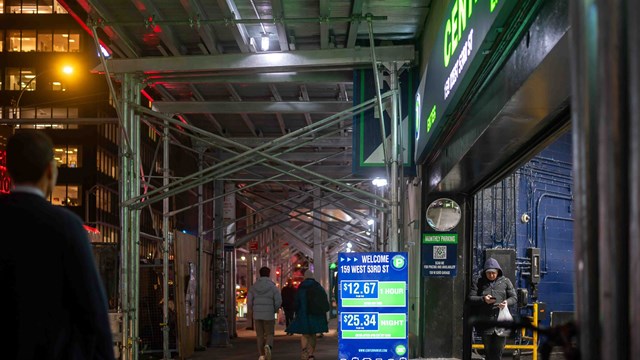
Leave a Comment